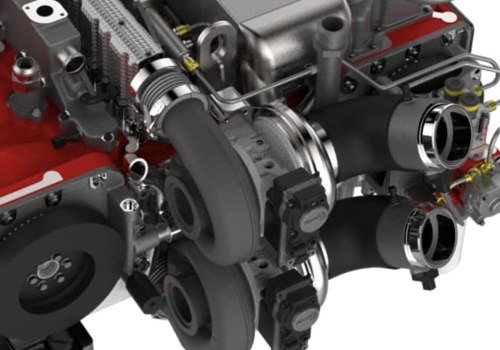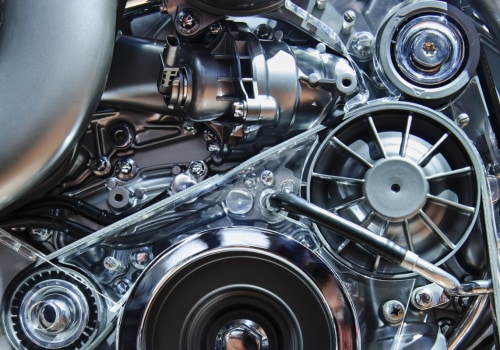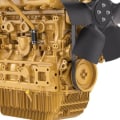Diesel fuel is a widely used resource for many tasks, especially in the transportation industry. Trucks, trains, ships, barges, buses, and military vehicles all rely on diesel engines to move goods and personnel across land and water. At Central Diesel, we offer a range of solutions for diesel engines and will discuss the key benefits of using diesel engines for road transport. It was in 1922 when an agricultural tractor was the first vehicle to use a diesel engine.
In 1924, commercial truck manufacturers introduced this engine to the truck market. Today, diesel is one of the most important parts of the fuel industry and is used in both domestic and commercial situations. Most public transport buses use hybrid diesel engines, and a large number of them incorporate the latest clean diesel technology that meets strict emission standards. The use of diesel engines for transportation has many advantages.
Diesel engines are more efficient than gasoline engines, meaning they can travel farther on less fuel. This makes them ideal for long-distance travel. Diesel engines also produce more torque than gasoline engines, which makes them better suited for heavy-duty applications such as hauling large loads or towing trailers. Diesel engines are also more reliable than gasoline engines.
They require less maintenance and have a longer lifespan than gasoline engines. This makes them ideal for vehicles that are used frequently or over long distances. Additionally, diesel engines are more durable than gasoline engines and can withstand extreme temperatures and harsh conditions. Finally, diesel engines are more cost-effective than gasoline engines.
They require less fuel to operate and have lower maintenance costs. This makes them an attractive option for businesses that need to transport goods or personnel over long distances.












